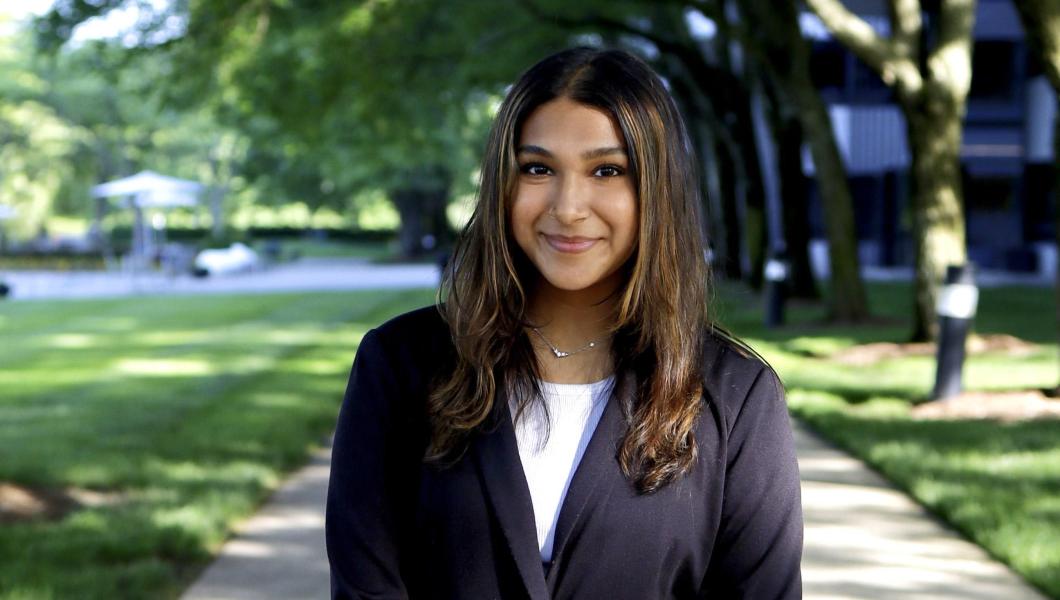NJIT Coding Team Advances for First Time, Divisional Round is April 22

A team of NJIT computer science students will compete among some of the nation's best undergraduate coders in the divisional level of the International Collegiate Programming Contest on April 22, where top finishers in the U.S. Eastern division go to the North American championships, en route to the ultimate prize at the World Finals in Moscow.
Samuel Carlos, Malachi Dubé and Jacob Haynie will represent the Highlanders in the virtual event. They are the first NJIT team to advance to a higher level since the university initially participated in 2013.
"I probably didn't expect to move on. I'm really glad we did. We worked a lot harder for it this year," Dubé said. All of the team members study computer science; Dube and Carlos are also members of Albert Dorman Honors College.
"We were in contact with the Rutgers team. We had set up weekend practice competitions with them. Part of the reason their team is so strong is they do five-hour mock-up competitions. We joined for a bunch of those," he said.
Teams are graded not only on their answers being right or wrong, but also on how many attempts they need to solve each problem and how much time it takes. Recent years saw NJIT get five correct answers out of a dozen. "This year I was expecting to get 6 or 7. We ended up getting 8," Dubé noted.
The team thought they had seven correct answers but found out later it was eight after judges acknowledged a scoring error. Several universities entered more than one team, and the updated results put Dubé's group ahead of teams from Cooper Union, Cornell University, New York University and Princeton University.
Behind the scenes, NJIT student programming team president Sreya Das helped organize the university's three groups and Professor James Geller continued in his past role as their faculty adviser.
"I'm really excited for this team and I wish them the best of luck," Das said. She added that any student who wants to join the competitions should make sure they take CS-114, Introduction to Computer Science II, which teaches data structures and algorithms. She said CS-241, Foundations of Computer Science I, is also helpful as are any mathematics courses.
Dubé said that a specific course, MATH-333, Probability and Statistics, was helpful to him in past editions of the contest. It may also help in the near future as he's considering graduate studies in math-intensive fields such as artificial intelligence and data mining.
Contest manager Lisa Donahoo, based at Baylor University, said the higher levels of competition will challenge students with more difficult questions. She noted that the events are normally held in autumn and will revert to their usual schedule for the fall 2021 semester. The 2020 edition was delayed to this spring in hopes of having the event in person, but organizers decided to keep it virtual as the COVID pandemic remains a serious concern.

